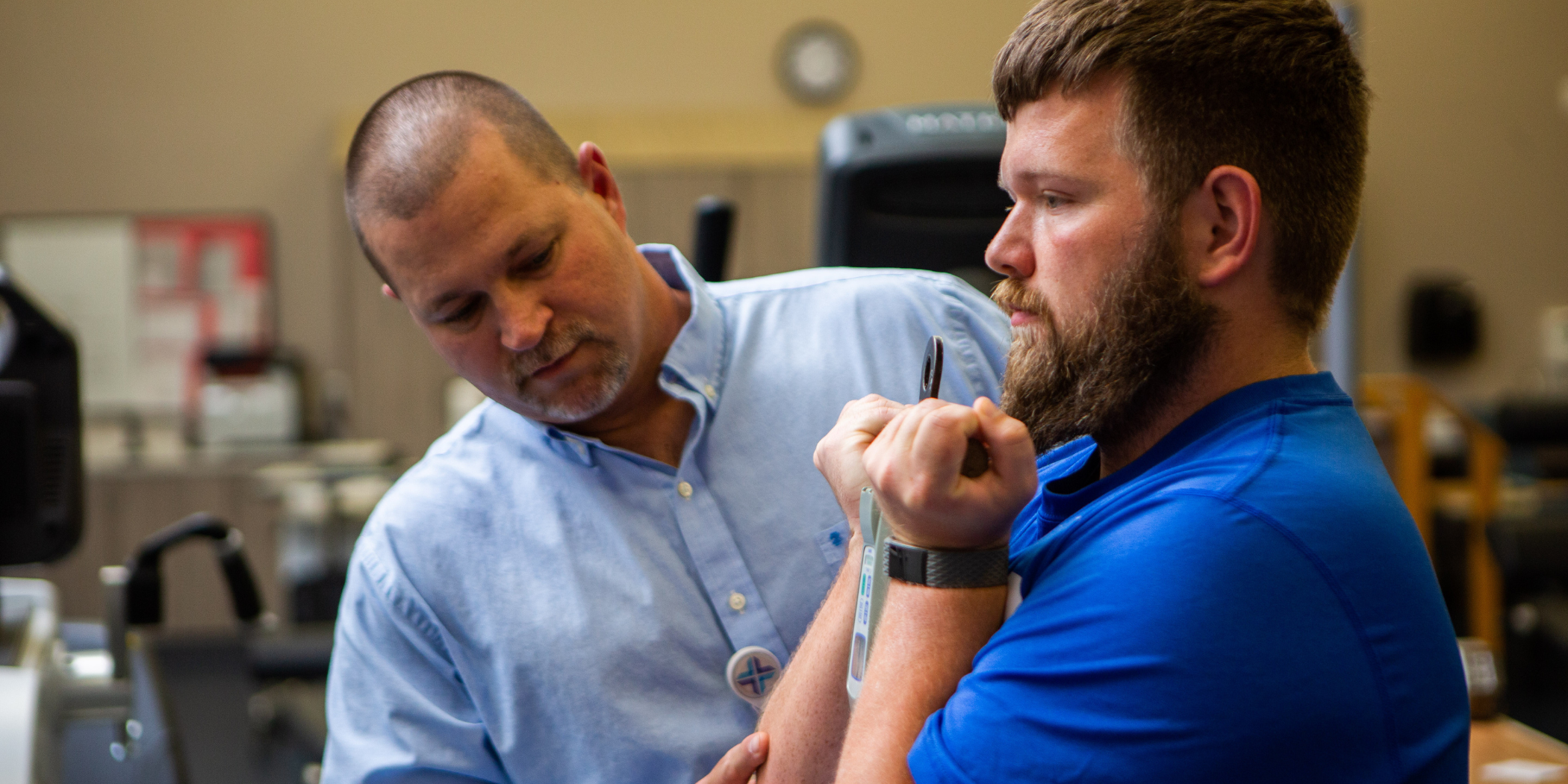
The top nine things you may not know about thyroid disease
Your thyroid is a small, butterfly-shaped gland located in your neck that produces thyroid hormones, or TH.
This hormone regulates many of your body's essential functions, such as metabolism and your heartbeat. But if your thyroid produces either too much or too little TH, it can have a significant impact on your overall health. Producing too little TH is the most common thyroid condition, known as hypothyroidism.
“With hypothyroidism, people will usually feel very tired, gain weight and have enlargement of the thyroid,” said Elaine Sunderlin, MD, endocrinologist with Medical Group of the Carolinas – Diabetes and Endocrinology. “It is more common in women and patients that have a family history of thyroid disease.”
Of the 30 million Americans who suffer a thyroid disorder, half go undiagnosed. Make sure you remember the symptoms:
- Fatigue
- Depression
- Low libido
- Weight gain
- Heart palpitations
- Bowel problems
- High blood pressure
- Unexplained pain
- Hair loss
- Sleep disorders
- Infertility
- High cholesterol
- Long, heavy menstrual period
Women are 10 times more likely to suffer from thyroid disorders than males. And women over the age of 35 are at a higher risk with a 30 percent chance of suffering from this disorder.
“Treatment is often medication. If it's an issue with thyroid nodules, it may require a biopsy,” Dr. Sunderlin said.
Here are the top nine things that you may not know about thyroid disease:
- Low libido can be a side effect of a thyroid disorder. If you find that you suddenly have little to no sexual desire, sluggish TH could be to blame and should be evaluated by your doctor.
- Has your hair stylist noticed a change in your mane? If your hair is thinning or falling out, your thyroid may be producing too little TH.
- Infertility, defined as being unable to conceive after one year of unprotected sex, has been linked to thyroid problems, as they can interfere with ovulation, but most doctors and fertility clinics do not test for them. Thyroid disorders are also linked to pregnancy complications, so if you are planning to become pregnant or do become pregnant, ask your doctor for a thyroid evaluation.
- A change in your menstrual cycle could be a sign of a thyroid disorder. If your thyroid is producing too little TH, your periods may become longer, heavier, and closer together; on the other hand, if your thyroid is producing too much TH, your periods may become shorter, lighter, and further apart.
- Sudden weight gain or an inability to lose weight is one of the most common signs of a thyroid condition. If you haven't changed your diet but have been gaining weight, or if you are eating better and exercising regularly and just can't lose the extra weight, you should ask your doctor about your thyroid. Conversely, sudden weight loss can also be a warning sign of thyroid issues
- Consuming certain foods, such as soy or caffeine, hinders TH absorption. Though soy has many health benefits, it acts as a goitrogen, or substance that can cause the thyroid gland to become enlarged.
- Thyroid disorders affect your metabolism. Instead of eating several small meals per day to raise metabolism, thyroid patients should eater fewer meals spaced further apart to manage their leptin and insulin levels and to keep their metabolism in check.
- If you think you may have a thyroid disorder, your doctor will likely order a thyroid stimulating hormone, or TSH, test.
- If your doctor diagnoses you with a thyroid disorder, he or she will likely prescribe synthetic hormones. There are many effective, FDA-approved thyroid medications. Ask your doctor about your options and together, determine which medication best fits your needs.











